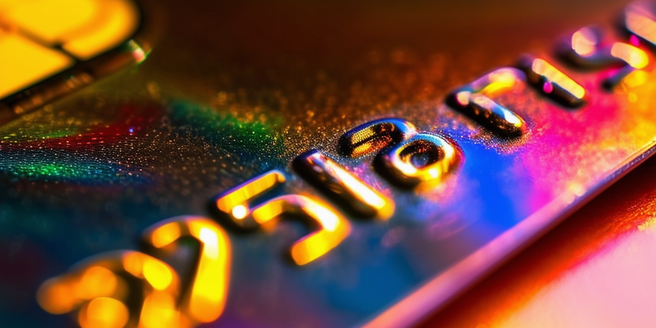Understanding the Basics of Credit Cards
Credit cards can be a useful financial tool, but they also carry certain risks. It’s important to understand how they function before you begin using them. When making a purchase with a credit card, you’re essentially borrowing money from a financial institution and promising to repay it. Each month, the balance, or the total amount you owe, must be paid back or it accrues interest. You can choose to pay it off in full, or carry part of the balance over to the next month, but that action will incur interest charges.
Tips to Manage Your Credit Card Bills
Timely payment of credit card bills is crucial. To help, set a monthly budget and strictly stay within your spending limits. Monitor your expenses regularly to avoid overshooting your budget. Utilize mobile apps or your bank’s services that send reminders for bill payment and provide detailed breakdowns of your spending. Try to pay off the full balance each month to avoid incurring interest. If you cannot pay the full amount, ensure you at least pay the minimum due to avoid late fees and ur credit score dip.
Benefits of Timely Repayment of Credit Card Dues
Making timely repayments of your credit card dues can have several benefits. It helps maintain or even improve your credit score, which can pave the way for future financial opportunities. One crucial factor that people often overlook is that timely repayment also significantly reduces your debt stress, providing a sense of financial stability. Regular payments demonstrate to lenders that you’re capable of handling credit responsibly. Additionally, on-time payments can also help you avoid late fees and higher interest rates that come with missed or delayed payments.
Impacts of Irresponsible Credit Card Usage
Using a credit card irresponsibly can have serious impacts on your financial health. Excessive spending can lead to a larger debt burden, which may spiral out of control if not managed effectively. More than just a financial predicament, this can also cause significant stress and anxiety. Late or missed payments can result in harmful hits to your credit score, reducing your borrowing capacity in future. Also, credit card debt often carries high interest rates, and carrying a balance from month to month can result in significant interest charges over time.
How to Improve Your Credit Score with Responsible Credit Card Use
Responsible credit card use is an effective way to build or improve your credit score. It not only helps manage your finances effectively, but also reflects your creditworthiness to potential lenders. You can achieve this by always paying your bills on time, even if it is just the minimum payment. Maintain a low credit utilization ratio – it’s recommended to use no more than 30% of your credit limit. Also, long-term payment records and maintaining old credit cards could positively influence your credit score.
Practices to Avoid in Credit Card Management
There are certain practices in credit card management that should be avoided. Do not max out your credit card; it signals to lenders that you may not be capable of managing credit responsibly. It is also essential to avoid using your credit card for unnecessary expenses to avoid potential debt accumulation. Regularly withdrawing cash from your credit card can result in high fees and interest charges. Avoid making late payments to prevent damage to your credit score and additional fees. Lastly, do not apply for multiple credit cards within a short period of time as it can negatively affect your credit score.


